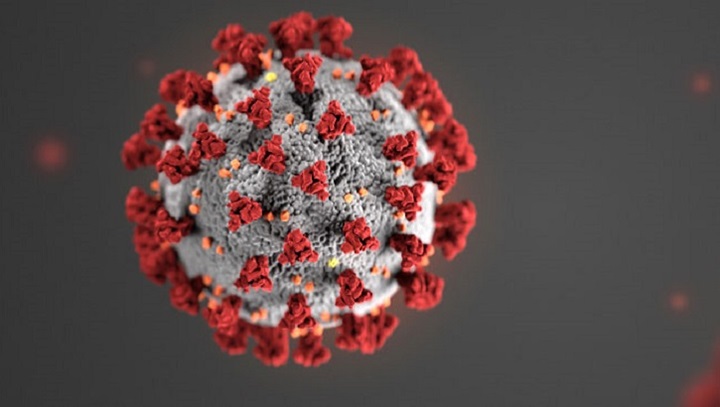When the world posed the question, “What about contact tracing?”, India answered with Aarogya Setu. And while the app had its fair share of criticism, mostly regarding privacy concerns coming from its use, there is no doubt that the app just works. However, the same can’t be said about StopCovid, France’s solution to contact tracing, which managed to send only 14 notifications in 3 weeks, even with a user base of 1.8 million.
The app was launched 3 weeks ago, when France decided that it wasn’t going to rely on Google and Apple for its contact tracing needs. Over the course of its lifetime, StopCovid was downloaded 1.9 million times, and 1,814,048 users opened the app and activated it. The app offers the chance to deactivate it whenever you want, which was availed by 23,953 people, while 460,000 simply uninstalled it.
Other European countries have launched their contact tracing apps as well, including Italy’s Immuni, which was launched on 15th June and Germany’s “Corona warn app”. The former saw 2.2 million downloads the very day it was launched, i.e. 15th June, and has been deemed a great success. Unfortunately, StopCovid isn’t compatible with these apps, which limits its scope to just French borders.
The government fears that people think that the fight with COVID 19 is over. However, that is far from the reality, with new cases popping up everyday in the region.
That being said, the app still has an impressive user base. Then why is it that it isn’t sending out more notifications? The answer is simple. People caught with corona aren’t flagging themselves enough. So far, only 68 StopCovid users have declared that they’ve been diagnosed with COVID-19 in the app. In return, the server found around 205 social interactions for these users.
The government is planning to roll out changes to tackle this situation, including a letter from the testing facilities on top of the usual QR code which allows users to mark themselves as infected. This will act as a “reminder”, and urge users to flag themselves for the sake of the community.
In a stark contrast, India’s Aarogya Setu, one of the first such large scale contact tracing attempts globallly, has performed phenomenally well. Over 131 million Indians are using the app at the moment. In fact, 63 users have been identified as corona positive while 1,714 people being “at risk” in the vicinity of 10 kms of where I live, in the last 28 days. And that is only for the area where I live. Imagine the wealth of data that the app has generated nationally.
The app however, had its fair share of criticism. User privacy was a concern, though the Government quickly resolved the same by open sourcing the entire code.
Google and Apple are also working on providing their own solutions for contact tracing, and have launched an API. However, it seems like countries are hesitant about putting so much power in the hand of private companies, and are coming up with their own apps.
The Tech Portal is published by Blue Box Media Private Limited. Our investors have no influence over our reporting. Read our full Ownership and Funding Disclosure →






